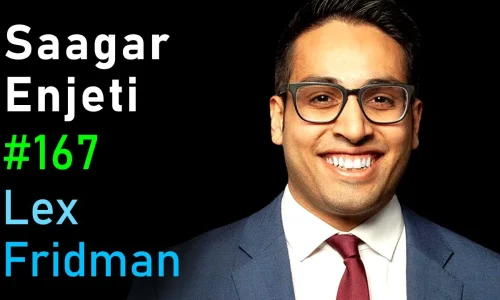See all Lex Fridman transcripts on Youtube

Saagar Enjeti: Politics, History, and Power | Lex Fridman Podcast #167
3 hours 9 minutes 2 seconds
🇬🇧 English

Omnivision Solutions Ltd
- Getting Started
- Create Transcript
- Pricing
- FAQs
- Recent Transcriptions
- Roadmap